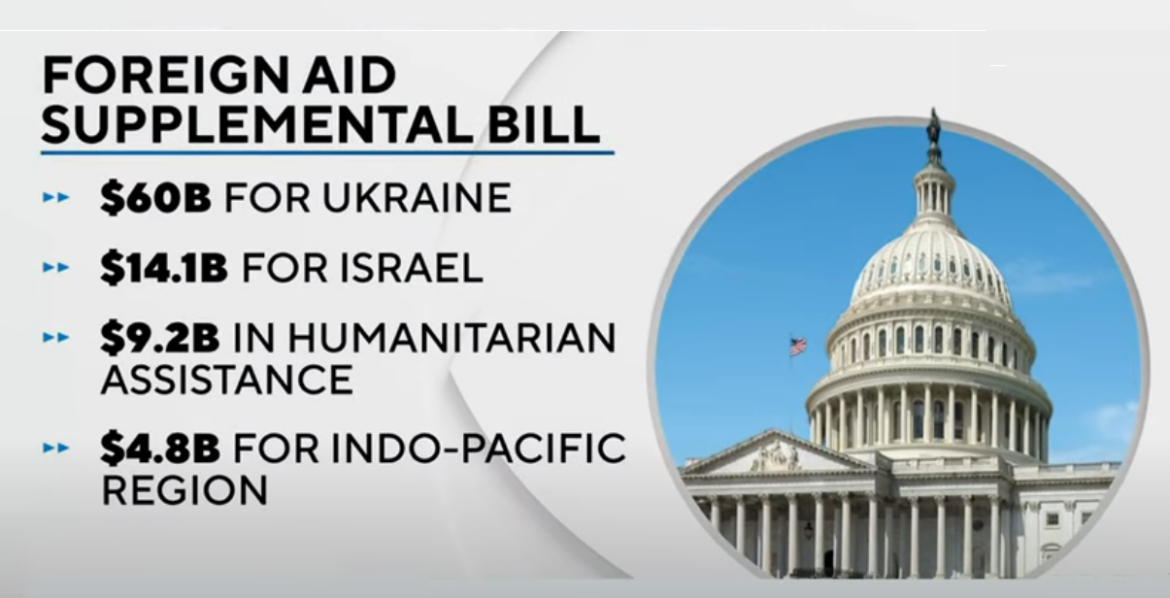House GOP Digs In Against Foreign Aid Package
The ongoing debate over foreign aid has intensified as the Republican-led House of Representatives refuses to hold a vote on the Senate’s bipartisan package of military aid for Ukraine and Israel. The impasse centers around the absence of stringent border security measures, a demand firmly asserted by House Speaker Mike Johnson and Republican lawmakers.
Speaker Johnson emphasized that the House would not be compelled to pass a foreign aid bill that lacks provisions for securing the border. The Senate had previously passed the legislation earlier in the week, but not without controversy. The bill underwent modifications, shedding border provisions that Republicans argued were insufficient in addressing concerns related to illegal immigration.
The House GOP’s resistance is rooted in their insistence on incorporating strict border policy changes into any foreign aid deal. This stance reflects the party’s broader push for enhanced immigration controls, a key issue that has consistently divided lawmakers along partisan lines.
The original Senate package aimed to provide crucial military aid to Ukraine and Israel, two nations facing geopolitical challenges and security threats. However, the removal of border-related provisions during the Senate’s deliberations has triggered a deadlock in the House, further delaying the approval of much-needed foreign assistance.
The Republican-led House’s refusal to vote on the Senate’s foreign aid package underscores the deep-seated divisions on matters of immigration and national security. As the global geopolitical landscape continues to evolve, the House GOP’s insistence on intertwining foreign aid with border security measures reflects a broader ideological stance within the party.
The coming days are likely to witness intensified negotiations and debates as lawmakers attempt to find common ground. The fate of the foreign aid package, critical for supporting key allies and addressing international challenges, hangs in the balance as political considerations intertwine with matters of national security.
The House GOP’s unwavering position on the inclusion of robust border security measures sets the stage for a complex and potentially protracted legislative battle. As geopolitical tensions persist, the intersection of foreign aid and domestic policy will remain a contentious issue on Capitol Hill.



